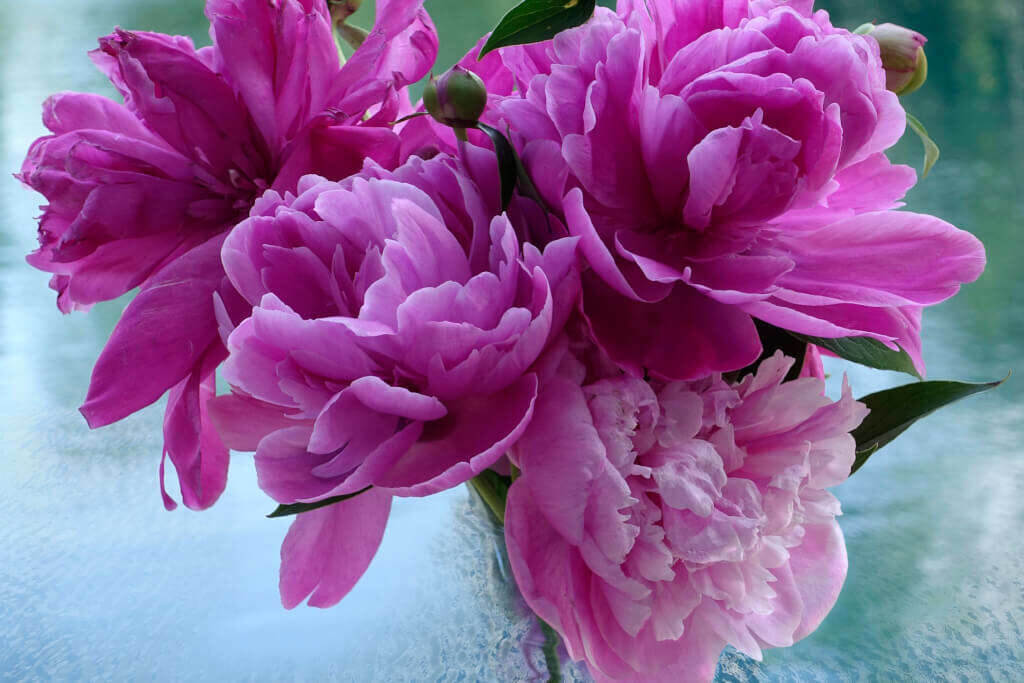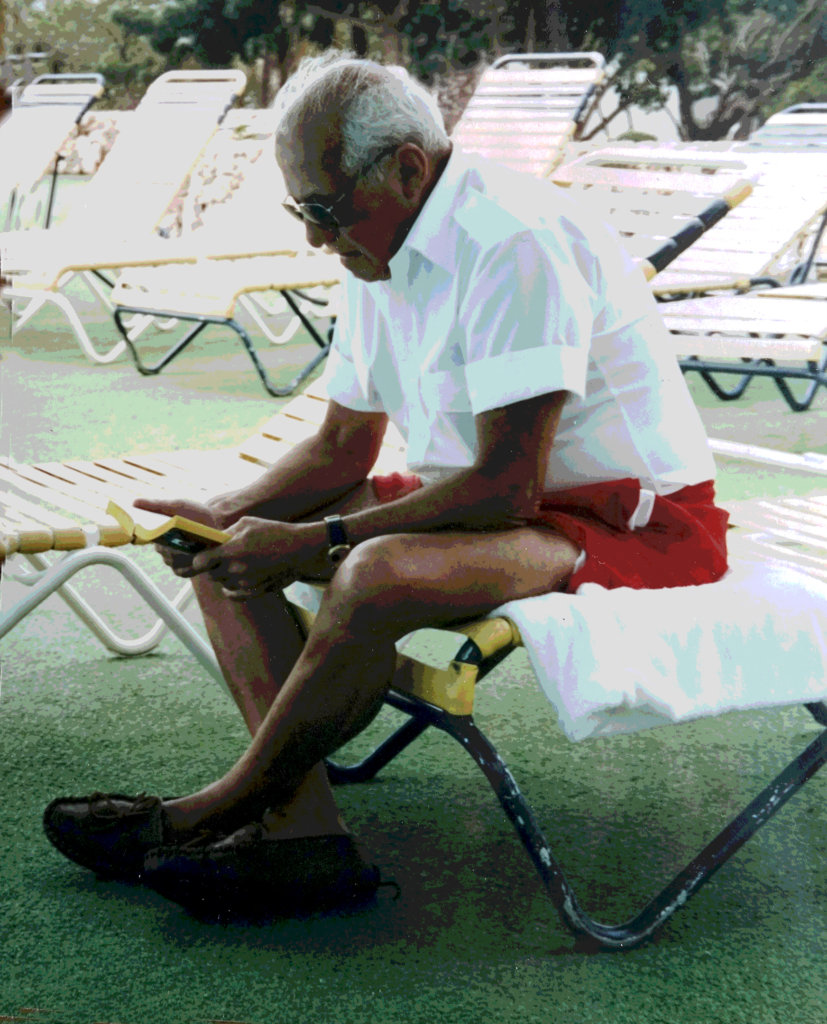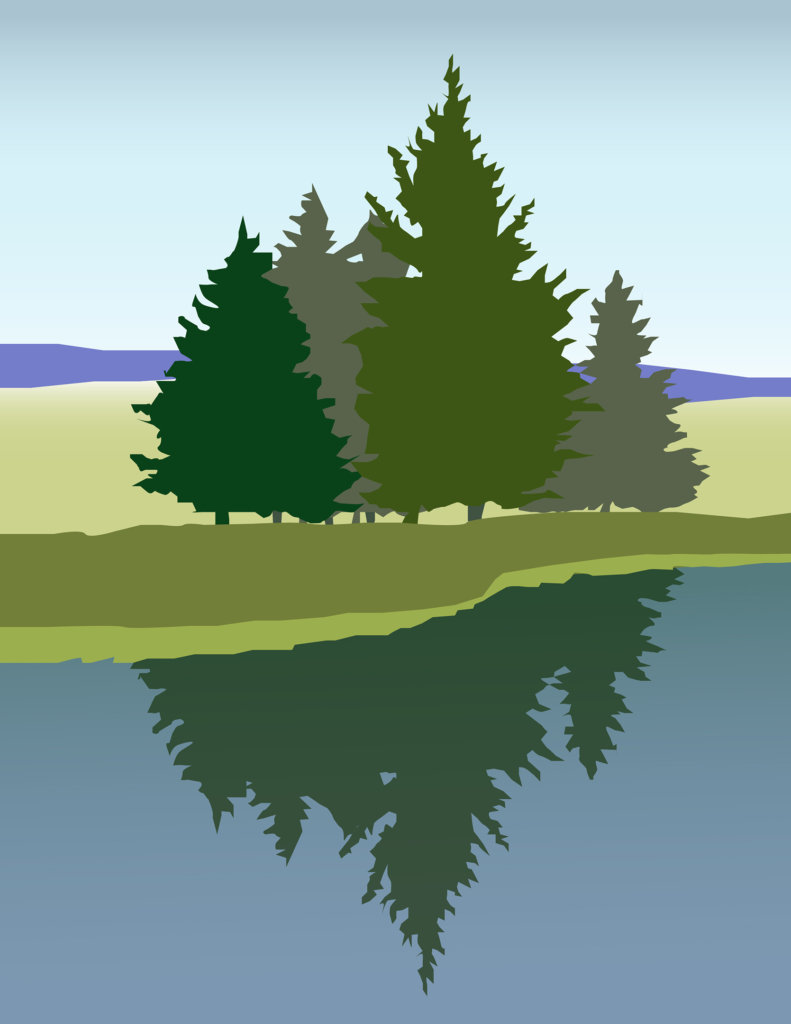 “She’s broken. Falling apart, scarred for life since her daughter died,” various friends and family members have said about me. This week I was going to write about how I didn’t feel “broken,” how I believed I was stronger and better than ever. But then I lost my mind. Briefly. Just memory failure, really. But the mortification still grinds in my head.
“She’s broken. Falling apart, scarred for life since her daughter died,” various friends and family members have said about me. This week I was going to write about how I didn’t feel “broken,” how I believed I was stronger and better than ever. But then I lost my mind. Briefly. Just memory failure, really. But the mortification still grinds in my head.
I was sitting with a friend at a table outside the gym when a beautiful young woman stopped by. “I’m Shoshana,” she said, smiling at me with familiar warm brown eyes. Immediately I recognized her as one of my daughter’s oldest friends.
“I’m so glad you came over,” I said, my heart laughing and crying as it does whenever I run into one of Marika’s BFFs. I’m always grateful when this happens. It takes courage to approach a bereaved mother; once old friends fled the aisle in Wegmans to avoid me. Shoshana set her coffee and croissant on the table, and sat down.
“I think of Marika a lot,” she said. And I thanked her for that, told her it meant everything to me that Marika was remembered. Shoshana mentioned what she’d been doing lately. That doesn’t sound like you, I said, and then shared a dozen details of what I remembered of her. Only, the images that popped up in my head were memories of a different girl, not the Shoshana sitting before me. I’d completely confused her with another of Marika’s friends.
Suddenly, we were saying goodbye. I mentioned one more thing that was totally not about Shoshana, and she looked at me like I had cracked.
She left. And for a moment I sat there disoriented, blinded by bright sunlight and shards of memories. And then I recalled the serious child who told silly jokes, the quirky kid who couldn’t carry a tune but was so giving, so eager to please. She was one of the few young friends that would look me straight in the eye. Her warm familiar eyes. The real Shoshana. I’d last seen her when she visited Marika in the hospital.
I caught up with her. Still dazed, I tried to explain. But there is no way to account for the brokenness of a mind that can recall every detail of a daughter’s last years, and yearns to have that daughter remembered, but cannot keep the other pieces of the past straight.
If you see me on the street, in the gym or at Wegmans, please say hi. I will not break if you mention my daughter. Chances are she’s already at the foreground of my thoughts. Besides, when it comes to brokenness, we’re all on a spectrum. And a broken memory doesn’t mean you’re a broken person. So forgive me if I don’t remember your name. I know who you are. Mostly. It’s in your eyes and your smile.


 “Pretend you’re trees. Open your arms wide like branches reaching out,” I said to the tiny group of people posing before my camera. They stood there, smiling at me, with outstretched arms. We were gathered for the first meeting of The Compassionate Friends of Ithaca, New York, a child loss support group. “Look up at the sky,” I directed, thinking they looked like children waving in the wind.
“Pretend you’re trees. Open your arms wide like branches reaching out,” I said to the tiny group of people posing before my camera. They stood there, smiling at me, with outstretched arms. We were gathered for the first meeting of The Compassionate Friends of Ithaca, New York, a child loss support group. “Look up at the sky,” I directed, thinking they looked like children waving in the wind.